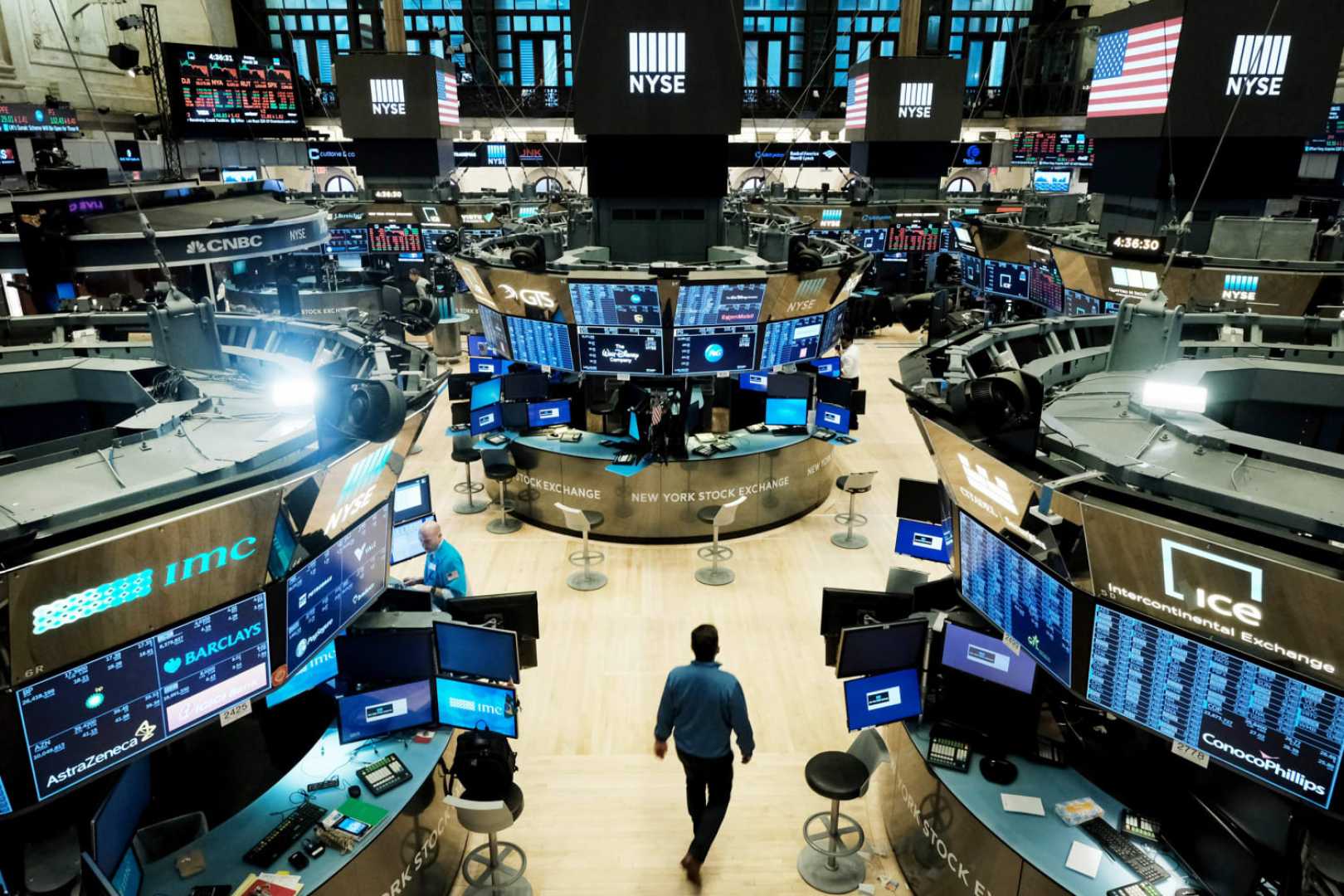Business
Stocks Drop as China Trade Tensions Resurface and Markets React

NEW YORK, U.S. — Stocks took a downturn on Tuesday as concerns over renewed trade tensions with China sent investors selling shares, continuing a downward trend that began last week. The Dow Jones Industrial Average dropped 504 points, or 1.1%, while the S&P 500 and Nasdaq fell 1.3% and nearly 2%, respectively.
The decline was largely driven by shares of technology companies, which have previously led the market’s gains. Notable losses included Nvidia, which fell nearly 4%, while Tesla and Oracle saw decreases of 3.8% and 4.3%, respectively. The sharp market response came after China restricted rare earth exports to the U.S., tightening its control over global shipping and imposing sanctions on several companies.
According to the Chinese government, these actions are intended to strengthen national security. Scott Bessent, U.S. Treasury Secretary, commented on the situation, stating that China’s actions indicate economic weakness and reflect a desire to pull other nations down with it. He was quoted in the Financial Times.
The Cboe Volatility Index, known as the ‘fear gauge’ for Wall Street, surged to a four-month high, exceeding a level of 22, highlighting investor anxiety over the ongoing trade conflict. The recent escalation comes as tensions rose last week when President Donald Trump threatened new tariffs of up to 100% on Chinese imports.
Although Trump mitigated his comments on Sunday by stating, “Don’t worry about China, it will all be fine,” this reassurance did little to stabilize the market during Tuesday’s trading.
In contrast to the broader market decline, several companies reported better-than-expected quarterly earnings. Johnson & Johnson, JPMorgan Chase, and Wells Fargo all surpassed analyst expectations. Yet, as the market showed volatility, their performances did little to offset the overall bearish trend.
Ulrike Hoffmann-Burchardi, global head of equities at UBS Global Wealth Management, noted that trade policy significantly influences financial markets this year, predicting that the heightened tensions will lead to continued market volatility.
As of Tuesday morning, the S&P 500 had already fallen about 1% shortly after opening, while the Nasdaq Composite plummeted by 1.4%. Meanwhile, the Dow was down 406 points, indicating a rocky start to the trading day.












